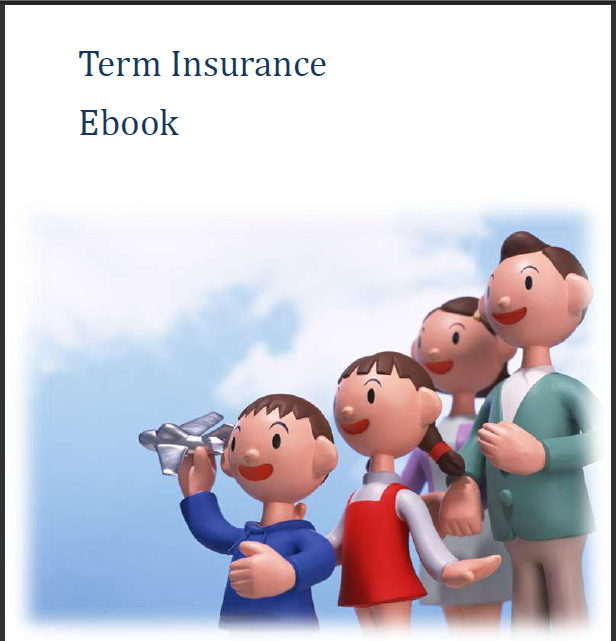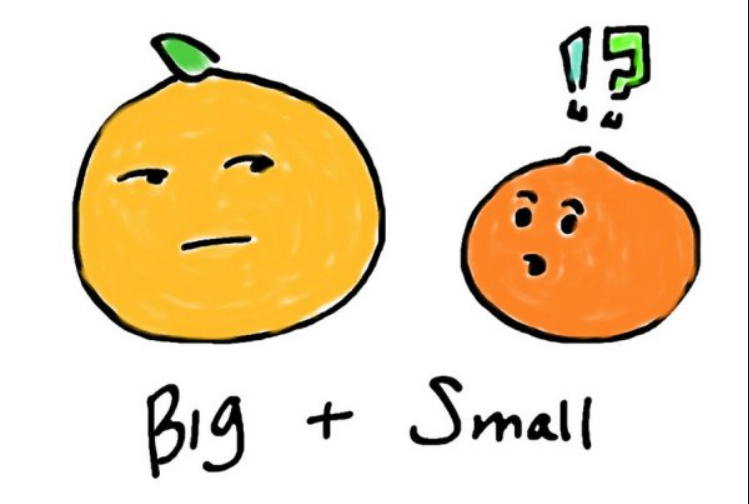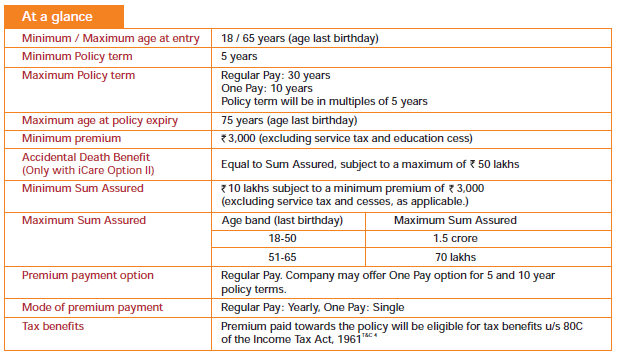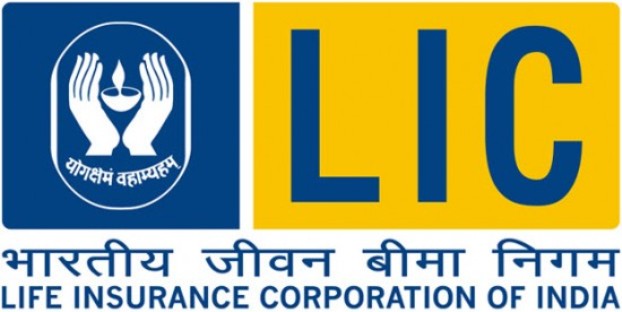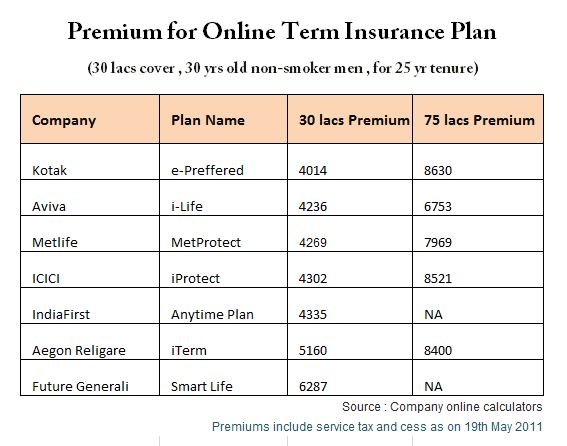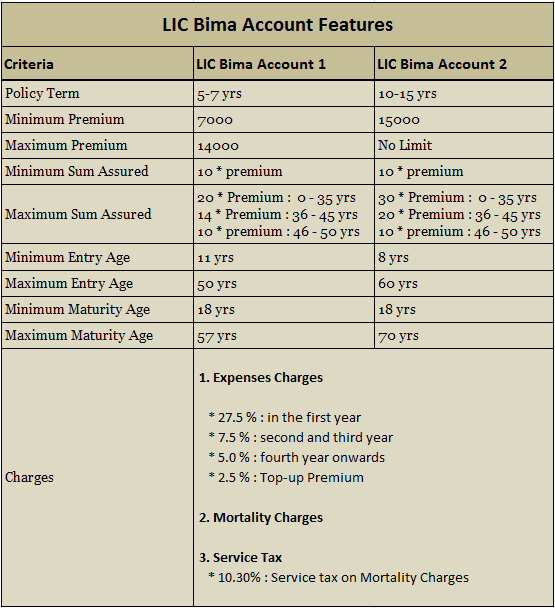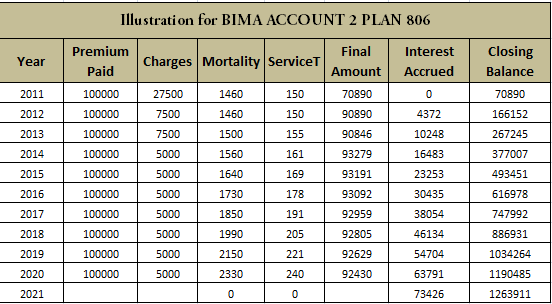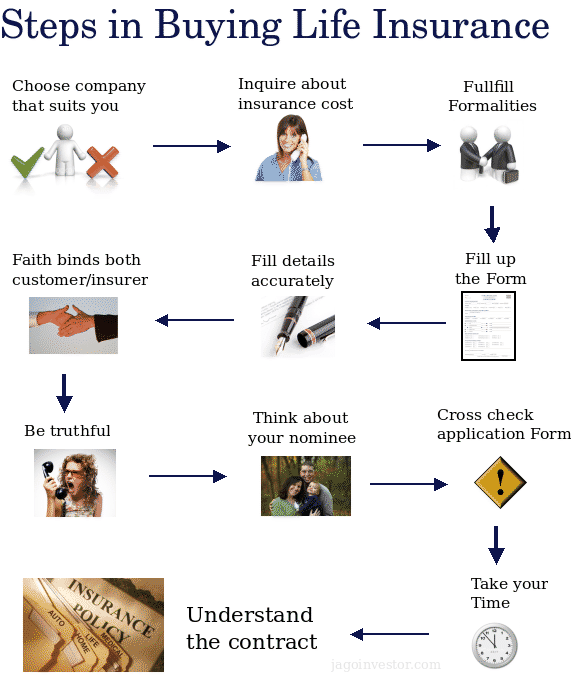There are different kinds of insurance riders and the common question is “Which insurance riders should I take?” . This is not a question I or anyone else can answer for you. This has to be decided by you and no one else. All you need to know is what exactly a rider is and what it is going to provide you.

What are different kind of Insurance Riders ?
Insurance Riders are the extra benefits that can be purchased and covered for under the life insurance policy. Apart from the basic Life insurance cover, you can choose to add some extra benefits to the life insurance cover, but you will have to pay extra premium to get such add-on benefits. The basic premiums will then increase. Note that the base policy features are always there and you get the base Sum Assured in case of death. Addition of these riders has nothing to do with the original rules of the policy. Let us see all the insurance riders one by one.
1. Accidental Death Rider
In this rider, you get additional sum assured if the death occurs due to an accident. The biggest myth which investors have is that they will get the money if death is due to accident only if this rider is added, else not. This is not true. If you don’t take this rider, still the base Sum assured will be paid to you. This rider is only for the extra sum assured in case of death due to accident at additional cost, nothing else. So if you take a policy of 50 lacs sum assured with accidental rider of 25 lacs. You will get 50 lacs in case of death other than accident and 75 lacs in case of death in accident. A lot of policies cover you from disabilities which arise out of accidents. See Accidental Insurance Policies
2. Permanent & Partial Disability
This rider is helpful in case you are disabled permanently or temporarily due to accident. In that case most of the policies pay periodically for next 5-10 yrs a certain percentage of Sum Assured. For example, 10% of Sum Assured per year for next 10 yrs. This way this rider acts like an income generation insurance most of the times. However note that the rider is helpful only incase the disability happens due to accident only. Read the policy document of the company for exact wordings. Most of the times, this rider is combined with Accident Death rider.
3. Critical Illness
This rider gives you a lump sum amount if you are diagnosed with an illness which is pre-specified and is mentioned in the policy. Generally all the major illnesses are covered in Critical Illness cover. Some of the examples of critical illness mentioned are Heart Attack, Cancer, Stroke, Coronary artery by-pass graft surgery (CABG), Kidney failure and Paralysis for example. After the critical illness is detected, the policy might continue or terminate as per the policy document. At times, the policy coverage reduces by the amount paid to you. So better read the policy document to know exactly what will happen in this rider.
4. Waiver of Premium
This rider makes sure that in case you are not able to pay future premium due to disability or income loss, the future premiums are waived off but your policy is still in force like always. This is in a way insurance of the premium payment till your policy expiry date. In case this rider is not present and you are disabled and not able to pay the premiums, then the policy will expire and you will not get any benefit later when you die because due to non-payment of premium the policy expires and the cover stops.
5. Income Benefit Rider
This rider is present in some policies and it’s mainly for the income generation after the death of the policyholder. If this rider is present, the policy holder’s family will get additional income per year for 5-10 yrs along with regular Sum Assured. For example, 10% of Sum Assured for next 10 yrs will be received by the policy holder’s family.
These Insurance Riders come with cost and exclusions
Note that riders come with cost, so just because they are present in the policy as add-ons, don’t jump and include every kind of rider possible. Ask yourself why you need a rider and if there is really a need for it. Read about the rider rules in details and read what is not included in that rider. Also compare the cost of insurance riders from different companies to take a better decision.
